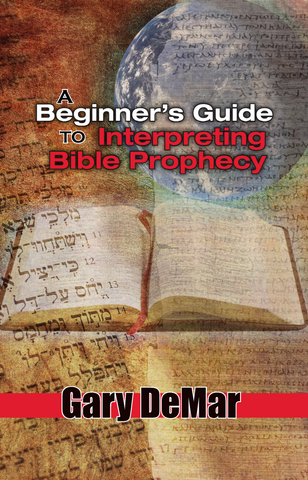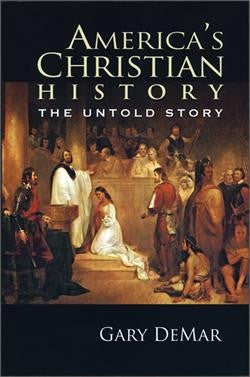$10.00 $35.00
From Luther’s quip, “We don’t want to see or hear Moses,” to Calvin’s rejection of exclusive Mosaic civil polity as “foolish” and “seditious” in 1536, no person seems to have drawn harsher criticism in regard to the political and social thought of the magisterial Reformation than the Old Testament lawgiver, Moses. Rejections of the need for Mosaic judicial laws, beginning early in the Reformation era, are varied, broad, and explicit. In some cases, such as Luther’s and Melanchthon’s attacks on Andreas Karlstadt, alleged proponents of Mosaic civil law are given by name. In other cases, such as Calvin’s denunciation just mentioned, they are anonymous. In all cases, however, it is not obvious whether anyone—named or not—actually held the view attributed.
This situation leaves us with certain questions: Did any significant figure during the early Reformation period truly advocate imposing Mosaic civil law as the exclusive civil polity of the land? If not, were these various accusations exaggerated (or even fabricated), and if so, why? More generally, why did the most influential of the magisterial Reformers write so strongly in rejection of Mosaic civil polity, at least in the forums in which they alleged that their targeted opponents held that position?
Blaming Moses answers these questions by revealing how social, political, and economic pressures influenced the magisterial Reformers in regard to the rejection of Mosaic judicial law in society. The study begins by overturning a “straw man” argument: none of the writers implicated by name or otherwise during the period in question actually held the views of Mosaic law attributed to them. It then demonstrates how the Reformers in question molded their expressions according to the pressures of external circumstances—most importantly, war and rebellion spurred by so-called “radical” reformers. As alleged theological positions were weaved with reports and denunciations of violence, Mosaic Law emerged as a dangerous ideological force that was to be shunned. But was it really?
Specifications: Hardback 247pp, eBook versions for Kindle, ePub, PDF Download


as low as $10.00 $15.00
For many Christians, interpreting Bible prophecy is a complicated task. As a result, they often turn to so-called Bible experts and complicated charts that include gaps in time, outrageous literal...


as low as $1.00
This product is available in the following formats: PDF eBook Subtitle: The Strange Case of the Treaty of Tripoli “. . . The United States of America is not in...


as low as $10.00 $19.95
From the founding of the colonies to the declaration of the Supreme Court, America's heritage is built up on the principles of the Christian religion. And yet the secularists are...


as low as $10.00
This product is available in the following formats: MP4 & MP3 Downloadable Video and Audio MP4 Downloadable Video MP3 Downloadable Audio Winner of the coveted Angel Award, America: The Untold Story is...